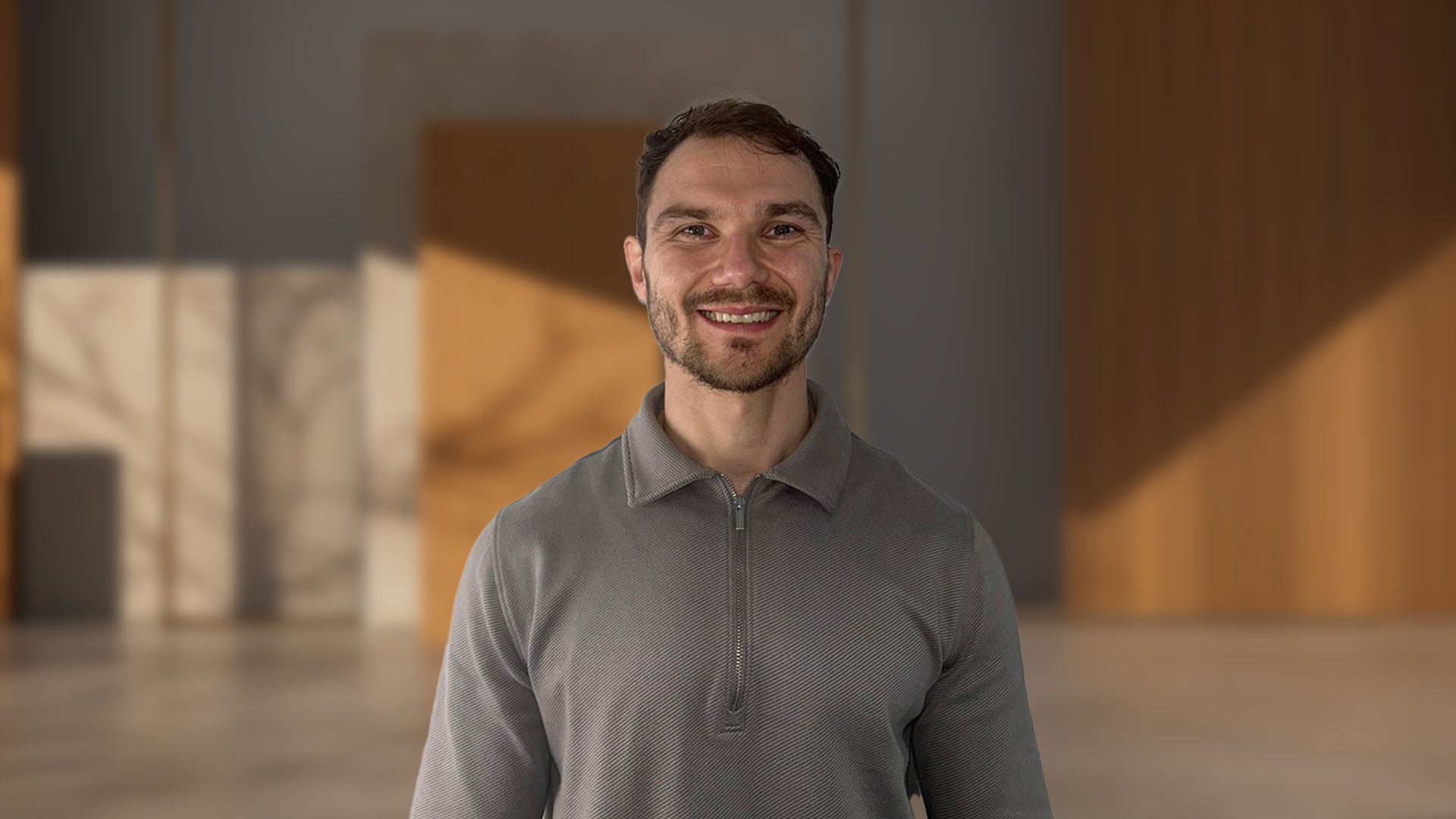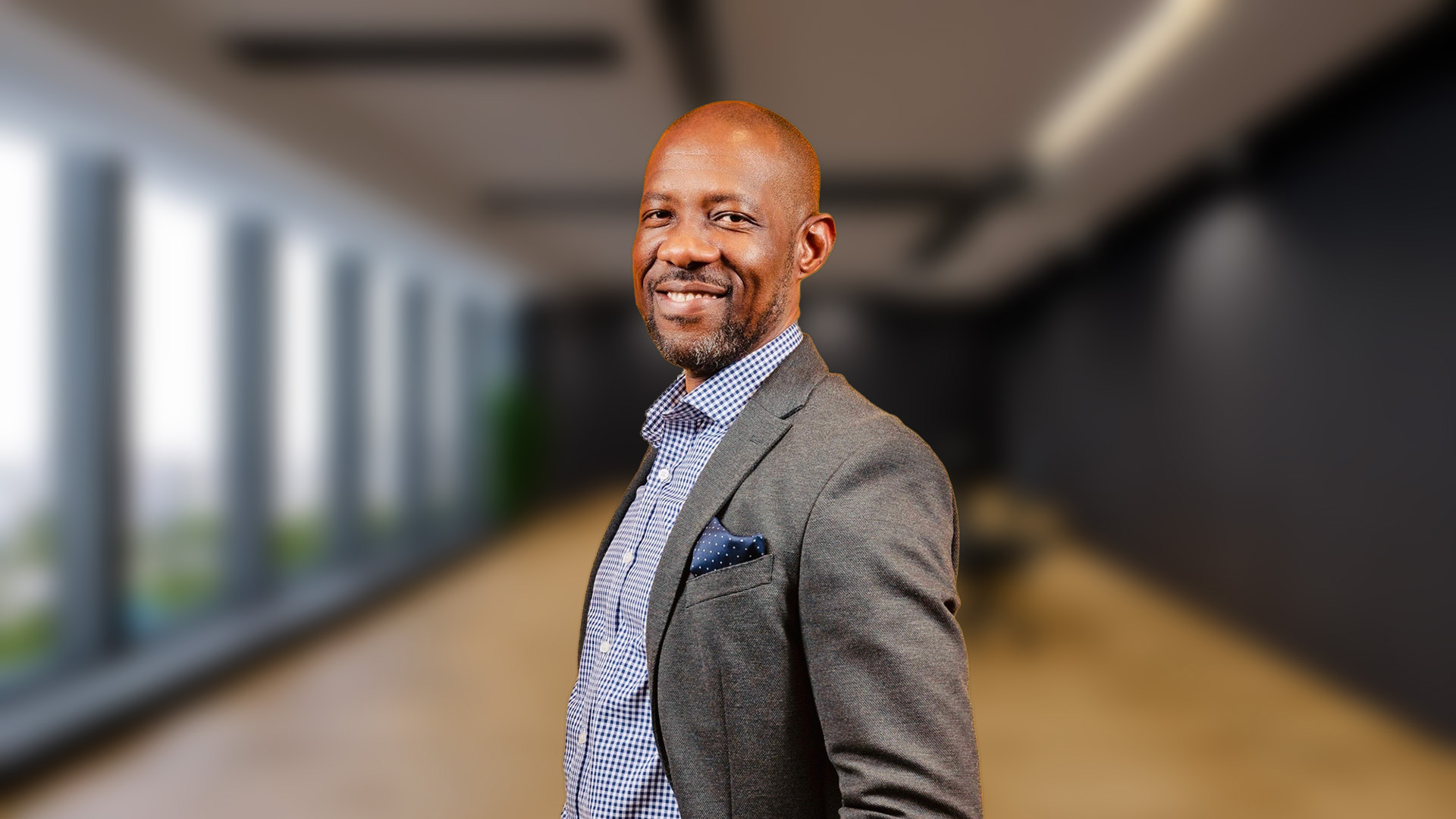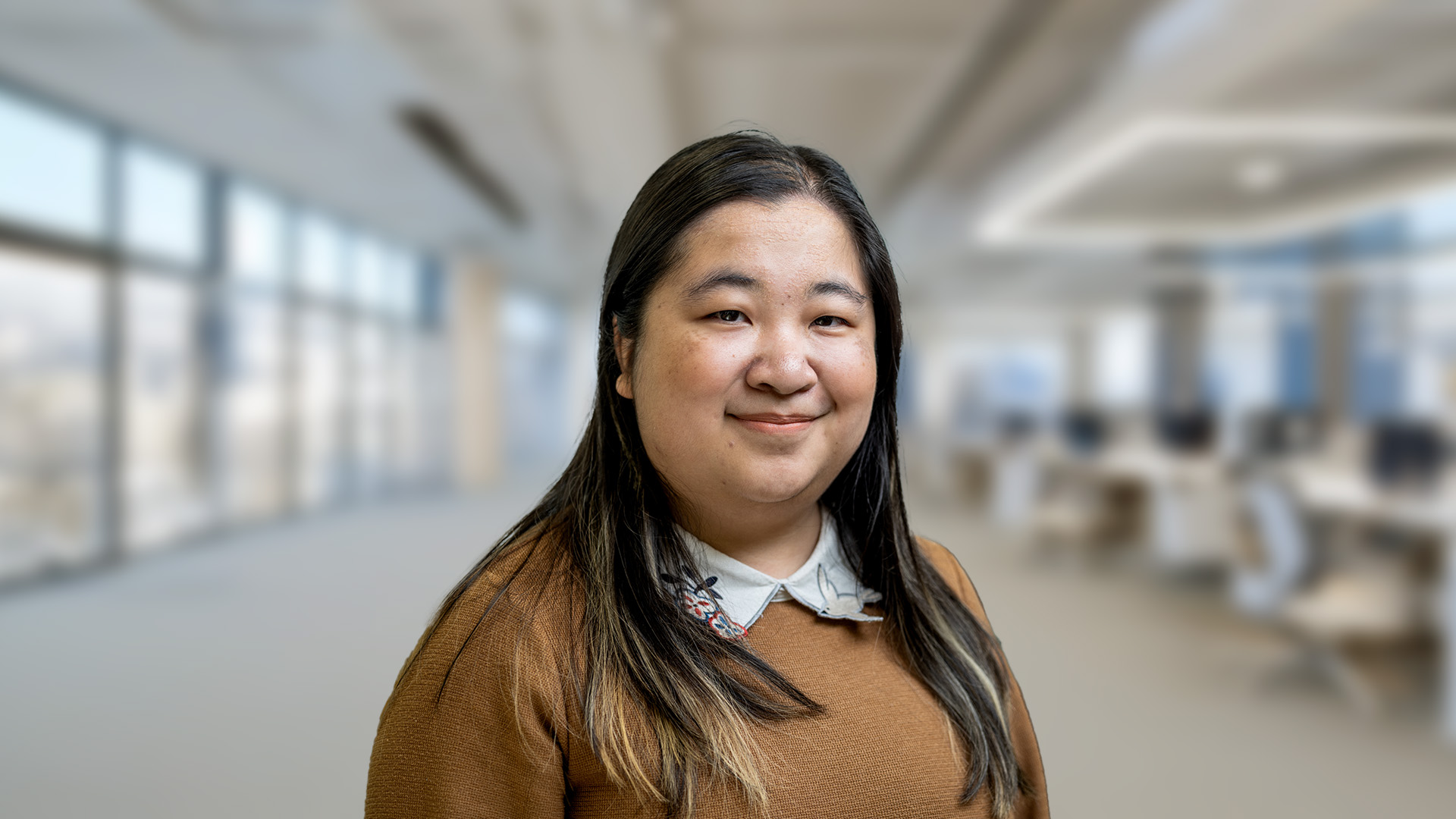From teaching English in Spain to a career as a User Researcher, we caught up with Juliet to learn more about her career journey, what she enjoys about her role and what it’s like working within the UCD community at the Home Office.
Tell us about yourself, your journey into tech and what you did before joining the Home Office?
I’m a Senior User Researcher in the Data Services and Analytics (DSA) team in Digital, Data and Technology (DDaT). To be honest, it was an accident that I ended up a User Researcher – but a happy accident. My primary interest originally was in teaching. I taught English in Spain for a year as part of a placement opportunity at university and loved it. When I graduated from university, I took an interim role as an Admin Assistant at a UX agency and was promoted to User Researcher whilst working there. I then saw an opportunity to work as a User Researcher in the Migration and Borders Technology Portfolio (MBTP) area of the Home Office and joined a year ago, before recently being promoted to Senior User Researcher in Data Services and Analytics.
What attracted you to pursue a career at the Home Office?
When I saw that there were User Research roles available at the Home Office, I started to look into the organisation to gain a better understanding of the projects that User Researchers were involved in and what the ways of working were. I was pleasantly surprised to discover an established User Centred Design (UCD) community, made up of Content, Interaction and Service Designers as well as User Researchers. I hadn’t had much opportunity to work with such a wide range of disciplines before, so I knew that would be fantastic to experience.
I also saw clear opportunities for internal progression, as outlined on the Gov.UK website and as a relatively new User Researcher, joining a big organisation that openly promoted progression was attractive to me, especially as I wanted to further my career.
What does your day-to-day work involve?
It’s a cliché, but no two days are the same. My everyday goal is to help deliver a government service that is based on user needs. This means that some days I research with caseworkers at their local office where I observe their use of government systems and, interview them on the pain points they encounter during their day-to-day work. I do this to help identify ways I can make their work straightforward and quicker through design. A good amount of my time is also spent building a strong relationship with them to help educate on the benefits of participating in research. This is key to ensuring I have volunteers for research.
Other days, I may be interviewing and observing external participants on the systems they use, supporting designers as they iterate designs based on the user feedback I gathered, or preparing materials such as discussion guides for the next round of research that are shared with the wider project team.
What do you enjoy most about your role as a User Researcher?
I love that there are always opportunities for learning and development, even outside of my project area. In just a year, I have had the opportunity to get involved in the ethics panel, which is where researchers submit plans for potentially sensitive or high-risk research, and members of the ethics board will assess the risks together and make the appropriate suggestions for improvement. I have helped to plan a User Research conference which was a great opportunity to build relationships with other researchers, and I have also been mentoring junior user researchers on the Digital Development Programme, which is great experience and has helped me massively with preparation for line management It has been great to explore other interests alongside project work, and it meant I had loads of examples to give in interview when I applied for a promotion.
I also love that there’s a big focus on diversity and inclusion. As a researcher, I strive to build services that work for people with different digital confidences, have additional needs and who use assistive technology. I make sure to recruit a diverse set of users to carry out research with, ranging from someone with a low digital confidence who may not be comfortable using digital platforms to someone who uses screen readers and voice dictation software. Recruiting a variety of users means the data I gather does not exclude users based on their digital confidence, access needs or the assistive tech they use. That’s a big passion of mine, and something I’ve been able to explore in my work.
Have you been involved in any interesting projects?
I was recently part of a big project designed to transform the visa sponsorship system. This system allows sponsoring organisations in the UK to employ Skilled Workers from outside the UK. A core part of this is making sure that the organisation itself and its senior management are allowed to sponsor and maintain compliance.
My part in this project was to research not only with sponsor organisations themselves, but the case working teams and internal operations. The project spanned across multiple services and countless disciplines within DDaT and I was able to shape the transformation of the system from discovery (identifying pain points in the legacy systems) into private beta (testing the systems to ensure the live service meets the user needs). This system offers an important service that has a big impact on people’s lives, since it can help to determine whether an individual is suitable to be sponsored in the UK or not
Tell us about the support available to you at the Home Office.
One of the main benefits that I find rewarding within my role is flexitime. If you work over your set hours, being able to gain this back is a massive plus, and you’re encouraged to take flexi leave if you work over your usual hours. It’s not frowned upon at all. For me, this means I maintain a good work-life balance.
There are also extensive training and conference opportunities. I took part in a three-day social capital training course last year, which was all about teaching how to better engage with stakeholders, handle conflict and create an effective team culture. It was fantastic to hear from an external subject matter expert and to be able to implement what I learned into my project work.
What advice would you give to someone who is considering a career in tech at the Home Office?
I would say – just go for it. It’s more than just a day-to-day job. Since I’ve been here, I have furthered my knowledge and worked on projects that have opened my eyes to different ways of working, disciplines and topics. Also, the UCD community within the Home Office is fantastic, and everyone will instantly make you feel at home.




